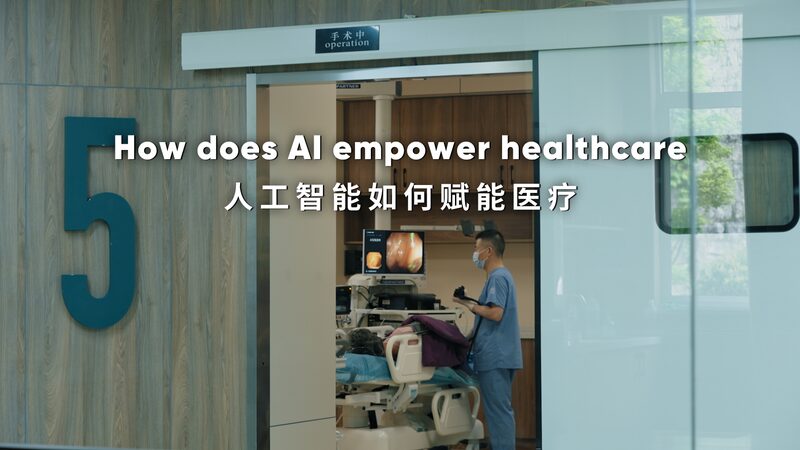In recent years, the fusion of artificial intelligence (AI) and healthcare has moved from concept to reality, offering promising solutions to long-standing medical challenges. A standout example comes from Tencent, whose latest development in AI-assisted colonoscopy is making significant strides in the fight against cancer.
Colon cancer, one of the leading causes of cancer-related deaths globally, often begins with the emergence of polyps in the colon or rectum. Early detection of these polyps is crucial for effective treatment and improved patient outcomes. However, traditional colonoscopy procedures can sometimes miss these precancerous lesions due to their small size or subtle appearance.
Tencent’s AI-assisted colonoscopy technology addresses this issue head-on. By integrating advanced machine learning algorithms into the colonoscopy process, the system enhances the precision of polyp detection. Real-time analysis during the procedure alerts physicians to potential polyps that might be overlooked by the human eye alone.
This technological advancement is more than just an incremental improvement; it’s a leap forward in early-stage cancer screening. Improved detection rates mean more polyps are identified and removed before they can develop into malignant tumors, thus reducing the overall incidence of colon cancer.
Moreover, the AI system’s efficiency has the potential to make high-quality diagnostic procedures accessible to a broader segment of the population. In regions where medical resources and specialized expertise are limited, such technology can serve as a vital support tool for healthcare providers, ensuring patients receive accurate diagnoses regardless of their location.
The introduction of AI into medical procedures like colonoscopies exemplifies how technology can bridge existing gaps in healthcare quality. By augmenting the capabilities of medical professionals, AI not only enhances the accuracy of diagnoses but also contributes to more equitable healthcare outcomes.
As AI continues to evolve, its applications in healthcare are expected to expand further, offering innovative solutions to complex medical issues. Tencent’s AI-assisted colonoscopy is a promising step in this direction, heralding a future where technological advancements contribute significantly to global health improvements.
Reference(s):
cgtn.com








